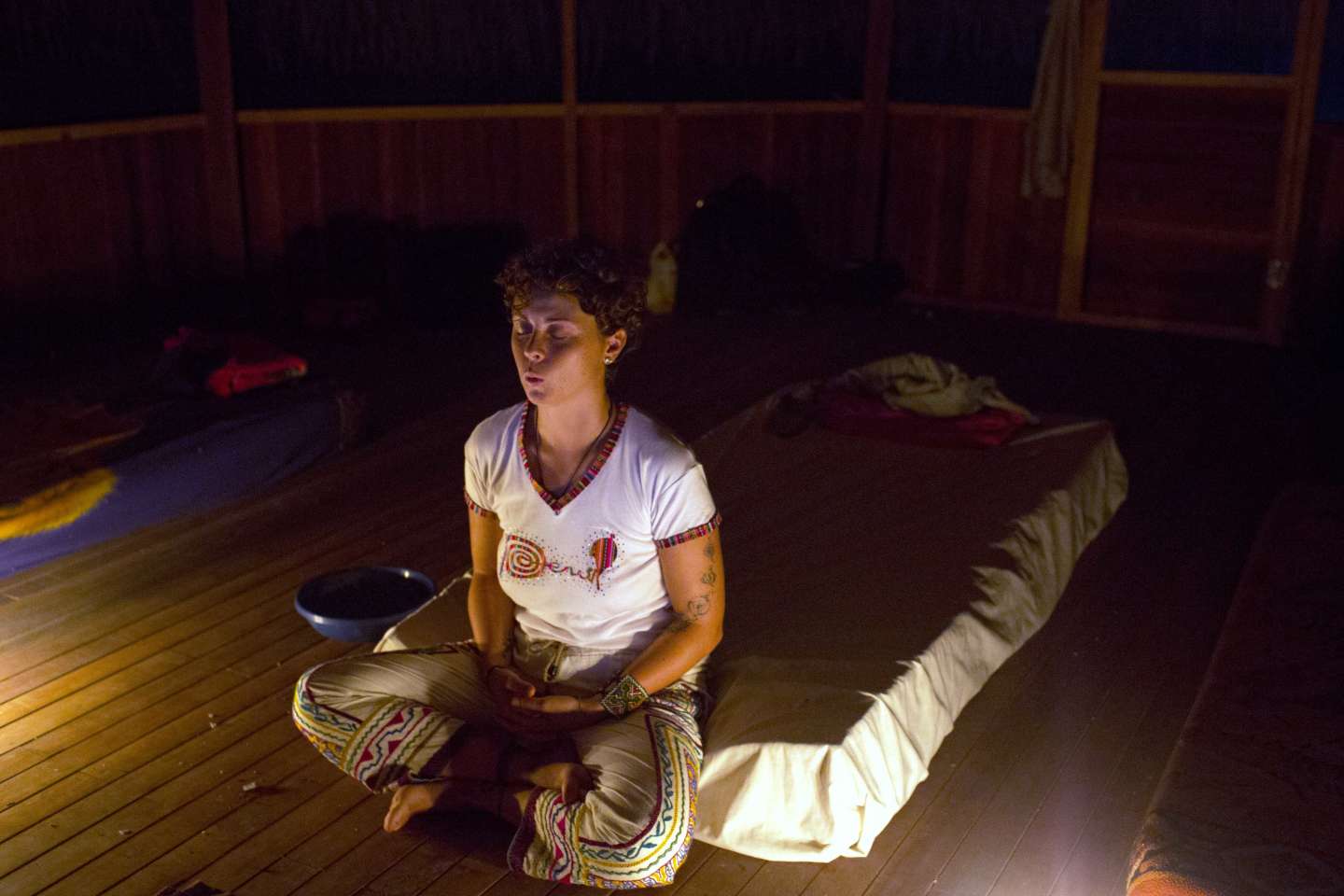In his book The New Roads of the Self (Arkhê, 320 pages, 19.90 euros), journalist Marc Bonomelli is interested in the different forms of spirituality that have emerged in recent years, surfing on the secularization and individualism of our contemporary societies. It thus shows that most of these “spiritual creatives”not hesitating to mix very diverse practices, place their quest for meaning in an ethical, social and political project.
The “new spirituals” you are interested in make it a point of honor to differentiate themselves from traditional religions. Why ?
Through the refusal of dogmas, these new spirituals reject any institution that would impose on us what we should believe rather than make our own exploration and live our own experience. According to them, spirituality would be something pure, in openness, connection to oneself and to the universe, while religion would represent rigidity, closure and violence.
It is a very shared idea, conveyed in particular on social networks within this movement. We can thus find, on the Instagram accounts “Conscious Soul” or “Astral Dimension”, particularly followed, the image of a fish in a bowl in the middle of the ocean to illustrate religion, and that of a fish in the middle of the ocean to illustrate spirituality.
Can we measure the number of followers of these new spiritualities?
The phenomenon is very difficult to quantify because anyone can be more or less concerned by at least one “spiritual” practice. As there is no institution, it is difficult to have an accurate census… But the trend seems to be strongly on the rise.
According to work carried out more than a decade ago by the sociologist Jean-Pierre Worms (Cultural Creatives in FranceYves Michel editions, 2007), 17% of French people belong to the family he calls “new spiritual”Where “spiritual creatives”. We can also cite an IFOP survey published in 2020according to which 40% of those under 35 believe in witchcraft, compared to 25% of those over 35.
You notice that the progress of certain spiritual seekers begins after a mystical experience under the effect of psychotropic drugs… Can we really put these experiences on the same level as those lived by the mystics of traditional religions?
The two types of experience are perhaps not so contradictory as one might think. American essayist Timothy Leary (1920-1996) considered psychotropic drugs to be shortcuts to a spiritual experience similar to those of historical mystics. These two forms of experience would then have been locked into different cultural contexts. For many people, experimenting with these drugs is only a step that has opened up a world to them.
You have 77.42% of this article left to read. The following is for subscribers only.
“The new spiritual reject any institution that would impose on us what we should believe”

